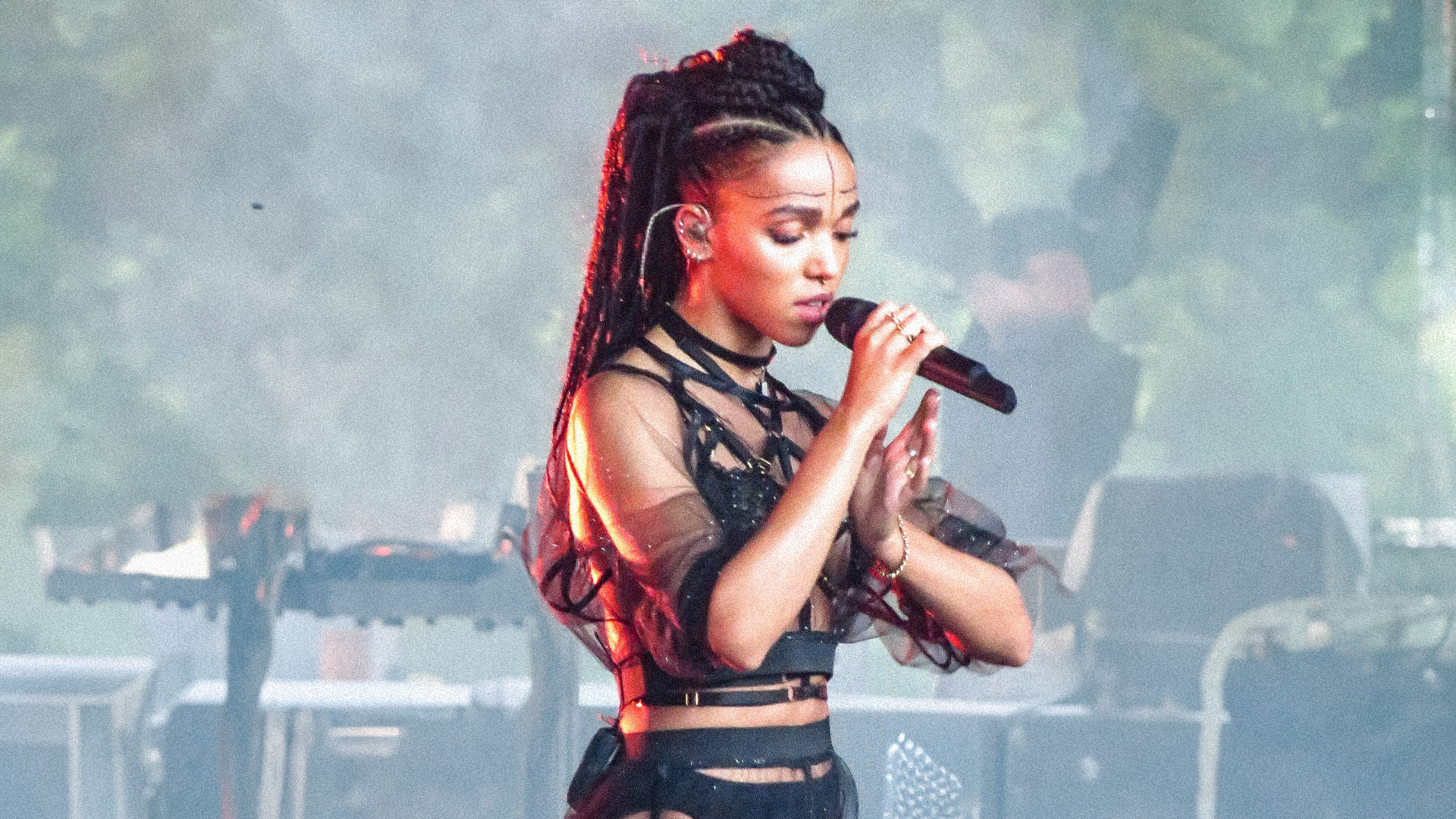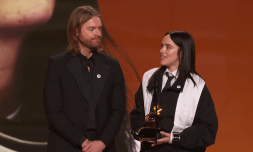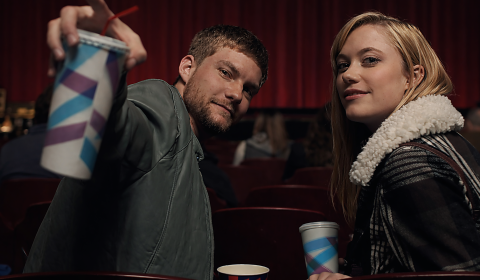The singer has proposed an AI version of herself to balance her workload. The response has been mixed, but Twigs nods to an empowering future.
FKA Twigs has been known to blur creativity with technology. Her ethereal music, films, and dance routines – alongside art and fashion ventures – have always pushed the boundaries and cemented her position within popular culture.
Despite reaching global levels of fame, Twigs has never relinquished her individuality.
The singer has most recently proposed the creation of an AI version of herself; a deepfake designed to take on some of her workload. This ‘fake’ AI Twigs, she said, would interact with fans and journalists, allowing ‘real Twigs’ to ‘spend more time making art’.
FKA twigs appears in front of U.S. Senate to advocate for artists’ rights, protection of likeness & against exploitation with AI amid concerning increase of abuse towards technology:
“…It is therefore vital that as an industry and as legislators we work together to ensure we… pic.twitter.com/dbHqnL2Un4
— Pop Crave (@PopCrave) April 30, 2024
‘[The deep fake] is not only trained in my personality but […] also can use my exact tone of voice to speak many languages’ Twigs told the US Senate Judiciary subcommittee on Tuesday.
She was there to address the issue of AI for celebrities and artists. Twigs’ own deepfake appears to be an extension of her argument that those figures should have undisputed control over how their voices, looks, and personalities are used by AI.
‘These and similar technologies are highly valuable tools’ Twigs said of her deep fake. ‘This, however, is all under my control and I can grant or refuse consent in a way that is meaningful.’
She went on to call out the exploitation of creatives via AI, an issue that has made artificial intelligence technology an increasingly volatile presence in the arts and creative industries.
‘What is not acceptable is when my art and my identity can simply be taken by a third party and exploited falsely for their own gain without my consent due to the absence of appropriate legislative control.’
Twigs AI doppelganger is, in theory, a liberating move for the singer. It will give Twigs more time to create new work, and ‘really explain in depth what it’s about creatively.’
‘Often being a music artist, or any artist in this day and age requires a lot of press and a lot of promo, a lot of one-liners. […] ultimately I can spend more time making something that’s really meaningful for my fans.’
View this post on Instagram
But not everyone is impressed.
‘Deep faking yourself? That’s a new low,’ said one Instagram user.
Others were concerned about what the decision will mean for the future of the industry, let alone the wider world; ‘And this my friends is the start of the end.’
But a future filled with technology isn’t necessarily a bad one.
By harnessing AI technology to create a virtual version of herself, Twigs is not only pushing the boundaries of her own artistry but also engaging with her audience in new and exciting ways.
Fans may anticipate the opportunity to interact with a digital doppelgänger of their favourite artist, providing them with a more intimate and personalised connection.
FKA Twigs and Warner Music Group CEO Robert Kyncl testified before the Senate Judiciary Subcommittee on Intellectual Property on Tuesday to discuss the dangers of exploitative artificial intelligence.
“AI cannot replicate the depth of my life journey, yet those who control it… pic.twitter.com/vVmCd72Znq
— Variety (@Variety) April 30, 2024




















